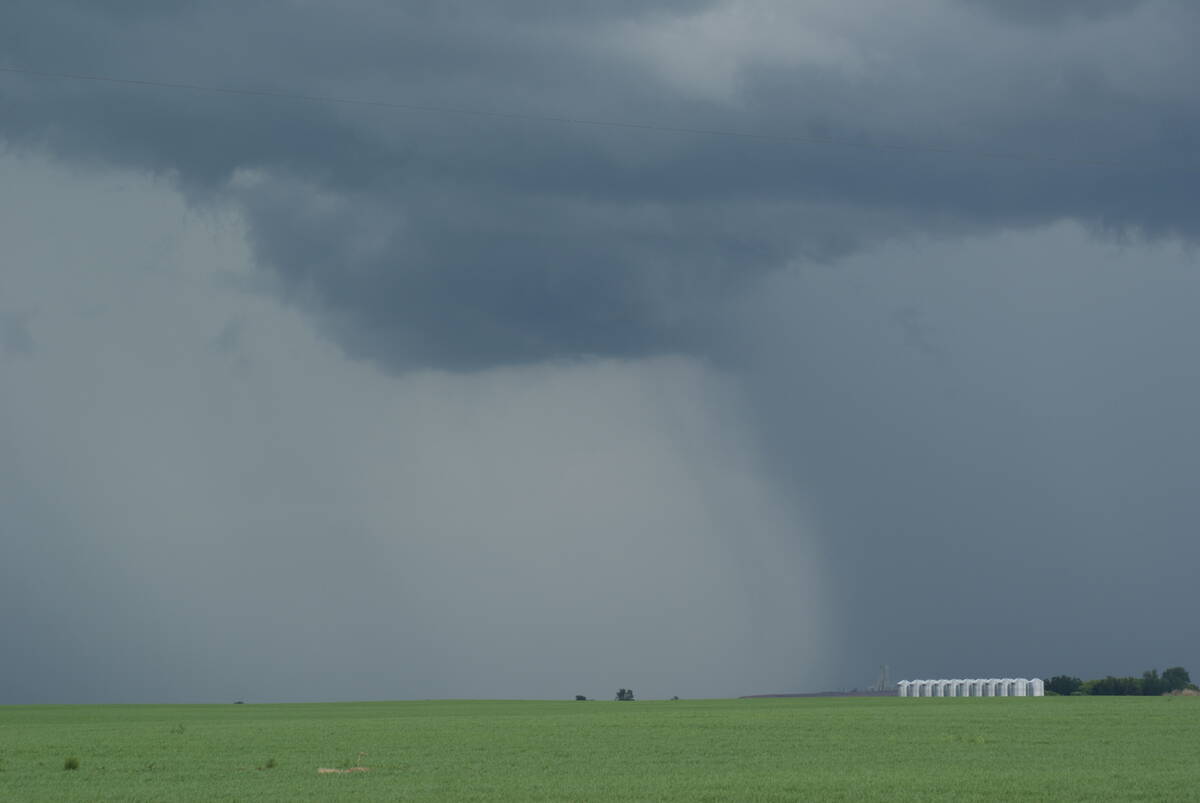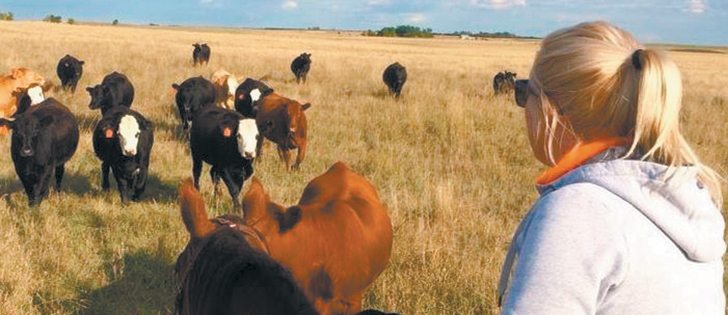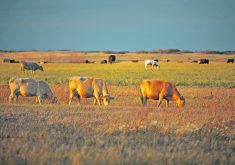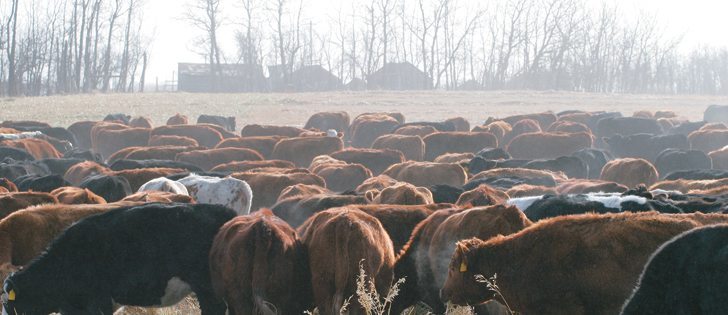The following is a response to a posting on the website of a clothing company run by Siera Bearchell, who was recently named Miss Canada Universe. The posting talked about the amount of water that is required to produce beef and suggested that one solution might be to eat less beef.
Eat less beef so the world can have more water? Really?
People are also starving, and the nutritional benefits of beef would certainly help. But don’t worry if people are starving, they’ll be fine if they have water.
Read Also

Canadian farmers need new tools to support on-farm innovation
Farmers need a risk management buffer that actually works and investment that drives advancements forward if Canada is to build resilience.
Reduce the amount of meat you eat each day/week? Well then, reduce your support for the economy.
According to cattle.ca, “Canada’s beef industry contributes $33 billion worth of sales of goods and services either directly or indirectly to the economy.
Every job in the sector yields another 3.56 jobs elsewhere in the economy. For every $1 of income received by workers and farm owners, another $2.08 is created elsewhere.
Either directly or indirectly through induced income effects, the beef sector generates 228,811 jobs. Shouldn’t you (Bearchell) be using your position to support Canada’s economy? Shouldn’t you be proud of our industry?
Let’s just look at Saskatchewan. According to saskbeef.com, “livestock production is a $1.7 billion industry in Saskatchewan that supports not only cattle operators but also its direct employees and a large service sector. We are the second-largest beef-producing province (after Alberta) and approximately 18,000 producers raise beef cattle in Saskatchewan.”
That’s 18,000 families dependent on the cattle industry, but everyone should support them less? Do you even realize how many ranchers are around the Moose Jaw area where you grew up?
Grazing cattle are an integral part of the grasslands ecosystem. In the 1930s, Parliament created the Prairie Farm Rehabilitation Administration Act to stop soil erosion of cultivated land. It was a success. Eighty-seven percent of former PFRA lands support native species. They will be fully transferred from the federal to the provincial governments by 2018, but that’s another topic.
Pastures, either government or privately owned, support soil conservation, water conservation, carbon sequestration, biodiversity, wildlife/waterfowl habitats and economic value.
Producing T-shirts takes water.
According to worldwildlife.org, it can take up to 2,700 litres of water to produce the cotton to make a single T-shirt. Most people could live without a T-shirt if you want to save water. They can’t live without food.
Canada’s cattle come from Canada. I guarantee (the T-shirts promoted by Bearchelll) don’t. If you don’t support the Canadian beef industry, you don’t support Canada.
It truly is sad how many people are surrounded by agriculture and depend on it, yet have no idea what goes on, who believe lies and what they read on the internet, who don’t understand sustainable agriculture or what it takes to feed seven billion people.
I grew up in the city and I had no idea until I immersed myself in it. My boyfriend, his family and I raise 200 head of cattle and I work in agriculture. Agricultural education needs to be more of a focus in schools.
I hope you’ll educate yourself and help educate others in agriculture because without it, not many of us would be here.
Laura Lawrence ranches with her family near Tugaske, Sask.















